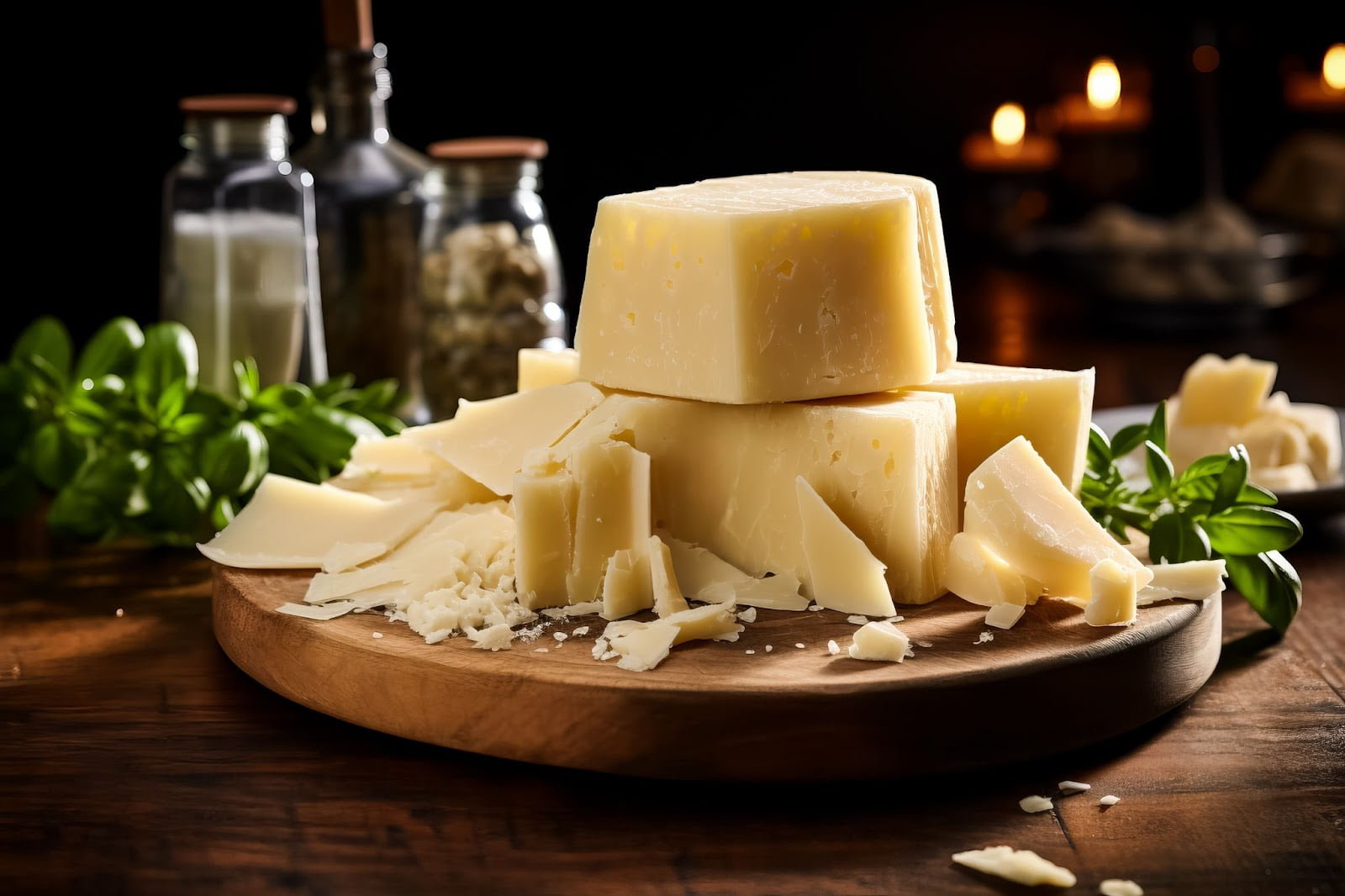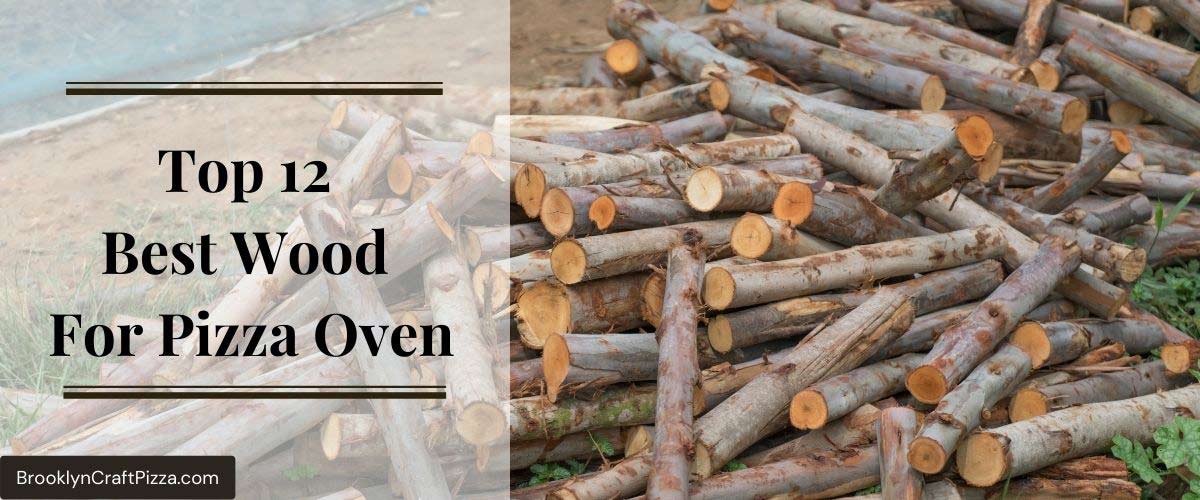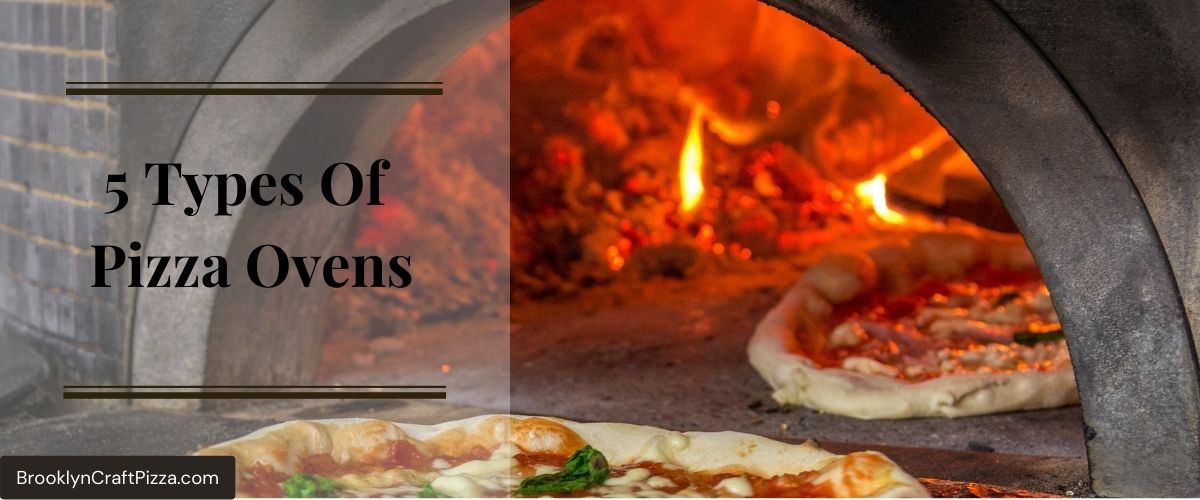Curiously contemplating a culinary change?
‘Savoring Plant-Based Cheese: A Culinary Journey’ guides you through the gratifying world of vegan cheeses. You’ll delve into the diverse varieties, the history, and the manufacturing process, plus you’ll get to taste-test these dairy-free delights.
Whether you’re a seasoned vegan or just dipping your toes into plant-based eating, this book will help you navigate your way. It’s chock-full of health benefits and concerns, providing a comprehensive look into this intriguing food trend.
So, get ready to savor every bite, expand your culinary horizons, and perhaps even find your new favorite cheese.
Understanding Plant-Based Cheeses
You’re in for a treat as you delve into the world of plant-based cheeses, a diverse and delicious range of dairy-free alternatives. This isn’t just about avoiding animal products; it’s about embracing a world of flavors you’ve not yet explored. Imagine nutty, creamy cashew brie, or tangy almond feta, each one as satisfying as their dairy counterparts.
Plant-based cheeses are crafted from a variety of ingredients, such as nuts, soy, and root vegetables. They’re packed with proteins, vitamins, and minerals, making them a healthy choice. And, they’re not just for vegans. Lactose intolerant? You’ll find these cheeses a godsend. Looking to lower your cholesterol? Plant-based cheeses have zero cholesterol.
The process of making plant-based cheese involves fermenting or culturing plant proteins to give them that distinct cheesy flavor. The variations are endless, and the innovative techniques employed are constantly pushing boundaries.
History of Vegan Cheese
Over the last few decades, you’ve seen a dramatic increase in the variety and quality of vegan cheeses available on the market. This wasn’t always the case. In fact, vegan cheese has a relatively short but fascinating history.
The first vegan cheeses were introduced in the 1980s, primarily as an alternative for those with lactose intolerance. These early versions were often soy-based and didn’t quite hit the mark in terms of taste and texture. They were chalky, lacked creaminess, and didn’t melt well. You could say they were a far cry from the traditional cheeses you know and love.
However, with the rise of veganism and demand for dairy-free products in the late 2000s, the race to create a better vegan cheese was on. Innovations in plant-based food technology promoted the use of nuts, particularly cashews and almonds, to produce cheese with a more authentic flavor and texture.
Today, vegan cheese is a staple in many households, not just for vegans, but for anyone seeking to reduce their consumption of animal products. The journey of vegan cheese from an unpalatable substitute to a beloved food item is truly remarkable.
Next, let’s delve into the intriguing world of how vegan cheese is made, as the manufacturing process is unveiled.
Manufacturing Process Unveiled
Let’s pull back the curtain on how your favorite vegan cheese is crafted, shall we? The process is fascinatingly simple, yet innovative.
First off, the base of the cheese is prepared. This could be a variety of plant-based ingredients, including nuts, soy, or root vegetables. These ingredients are soaked, blended, and then fermented using a vegan-friendly starter culture. This fermentation stage is crucial as it’s where the cheese gets its tangy flavor and creamy texture.
Next up, the fermented mixture is flavored. This is where the cheese takes on its unique taste. Think of spices, herbs, and other natural flavorings—anything from garlic and chives to truffle or smoked paprika.
Once the flavor is just right, the mixture is then molded into shape and left to age. The aging process can take anywhere from a few days to several months, depending on the type of cheese.
And there you have it! Your favorite vegan cheese, crafted with care and patience, ready for you to savor and enjoy. So next time you tuck into a slice, take a moment to appreciate the journey it’s been on.
Exploring Different Varieties
Now that you understand the crafting process, it’s time to delve into the diverse world of plant-based cheese varieties. Each type of plant-based cheese has its own unique flavor profile and texture, so there’s bound to be one that tickles your palate.
Let’s explore five popular varieties:
- Almond Cheese: This variety is known for its mild, slightly sweet flavor and creamy texture. It’s a great choice for those who prefer a lighter taste.
- Coconut Cheese: This cheese has a subtly sweet, nutty flavor and a firm texture. It’s often used in vegan desserts.
- Soy Cheese: This is a popular choice for its versatility. Its flavor and texture can be manipulated to mimic traditional cheeses like cheddar or mozzarella.
- Cashew Cheese: Rich and creamy, cashew cheese is a favorite for making plant-based cream cheese or ricotta.
- Rice Cheese: Light and delicate, this cheese is known for its gentle flavor and soft texture, making it perfect for those who prefer a milder cheese.
Taste-Testing Plant-Based Cheeses
After exploring the different varieties, it’s time for you to embark on the taste-testing journey of vegan cheese in Dubai. Be prepared to uncover a broad spectrum of flavors, textures, and tastes that these cheeses offer, beyond their traditional dairy counterparts.
You might start with a soft, creamy almond-based Brie, savoring its delicate, subtly nutty flavor. Notice how pleasantly it melts in your mouth, much like traditional Brie. Then, move on to a slice of sharp, tangy cheddar made from cashews. The robust flavor might surprise you, given its plant-based origins.
Next, try a chunk of tofu feta. It has that distinctive briny tang, mimicking the real thing remarkably well. And the texture? Crumbly and satisfying, just as you’d expect from feta cheese.
Lastly, try soy-based blue cheese. It’s bold, it’s pungent, and it has that distinct ‘blue’ flavor that could trick any cheese connoisseur.
Health Benefits and Concerns
You might be wondering about the health implications of switching to plant-based cheeses, so let’s delve into the potential benefits and concerns.
Plant-based cheeses are a great way to indulge in your love for cheese without the guilt of animal products, but that doesn’t mean they’re perfect.
Here are a few things you should know:
- Plant-based cheeses are often lower in saturated fat and cholesterol, making them a heart-healthy choice.
- They can be high in fiber depending on the plant source, aiding in digestion.
- They may contain fewer calories and less fat than traditional dairy cheeses, helping in weight management.
- However, they can be high in sodium, so you’ll need to watch your intake if you’re trying to reduce sodium consumption.
- Some plant-based cheeses may contain additives and preservatives to enhance texture and shelf life, which isn’t ideal for a clean eating approach.
In conclusion, while plant-based cheeses offer several health benefits, they aren’t without their drawbacks. It’s essential to read labels carefully to make the best choice for your health and dietary needs.
Conclusion
So, you’ve journeyed through the history of vegan cheese, peeked into its production, sampled a variety of flavors, and weighed the health pros and cons.
Now, you’re an informed connoisseur of plant-based cheeses. Go ahead, reveal the world of vegan cheese to your taste buds. Savor the tangy, creamy, nutty, or smoky notes.
Delight in the fact that it’s not just good for your palate, but also for your health and our planet. Your culinary adventure has just begun.




